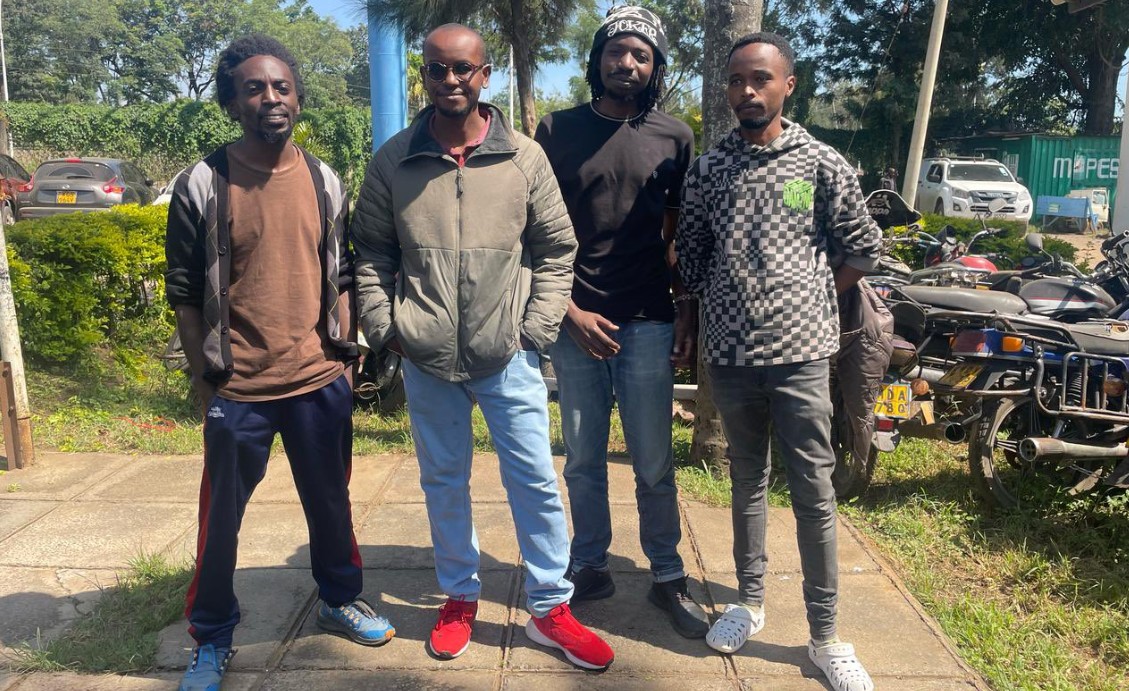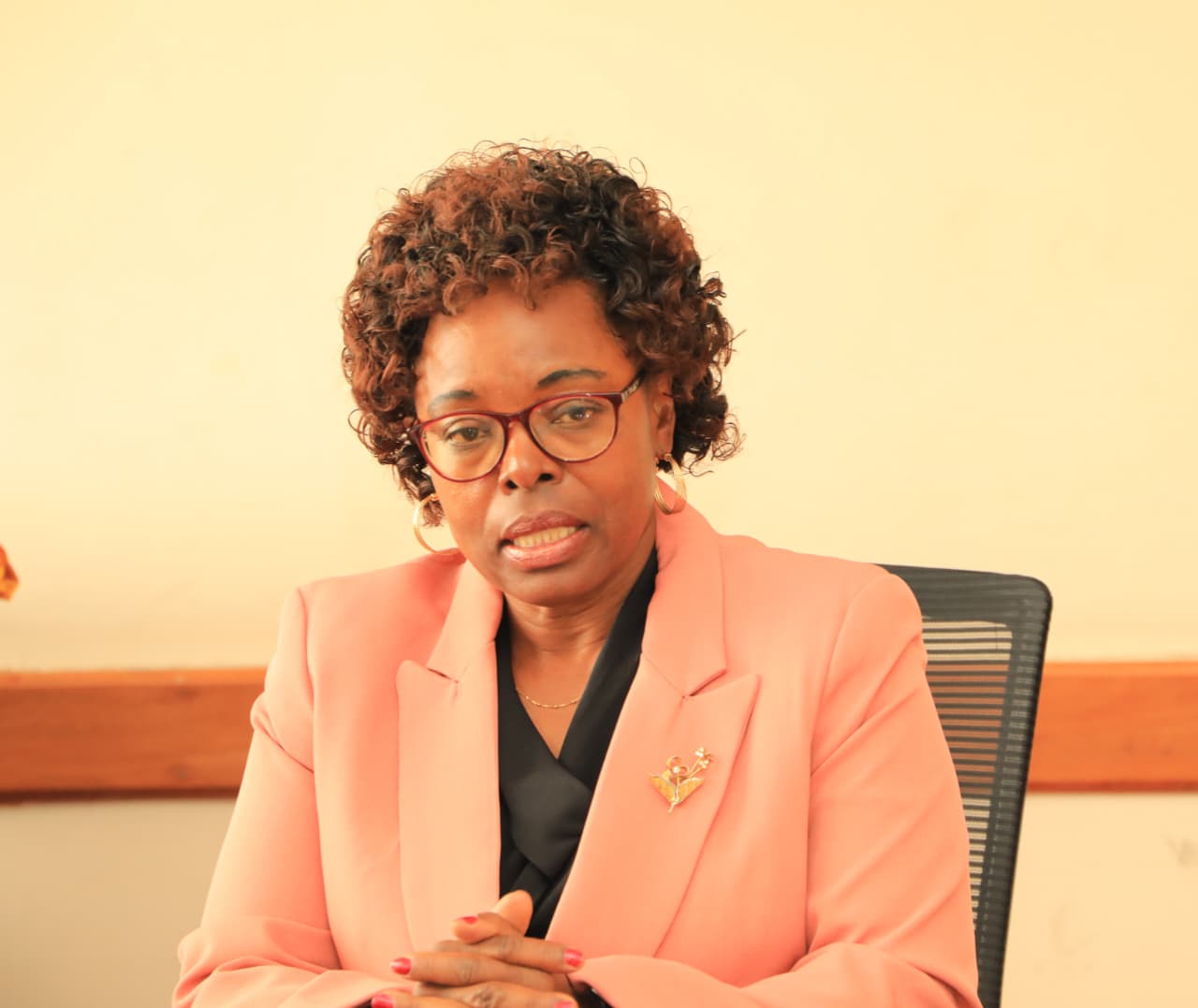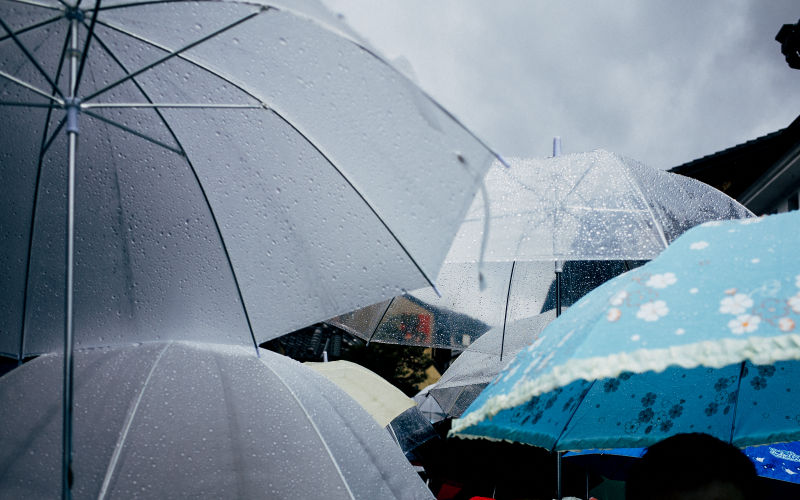From studio to cell: Filmmakers arrested over BBC exposé narrate ordeal in hands of police officers

In an interview with investigative journalist John-Allan Namu, Wambugu recalled arriving at Denver’s office around 3 pm and spending about 30 to 45 minutes talking and reviewing some of their earlier footage. It was a quiet day, with no hint of what was about to happen.
It started like any other quiet afternoon for Nick Wambugu, a young filmmaker with a passion for storytelling.
He had stopped by a friend’s studio in Karen, Nairobi, to catch up and go over some of their previous work. But what began as a casual meeting quickly turned into a nightmare when the two were confronted by police officers who said they were from the Directorate of Criminal Investigations (DCI).
More To Read
- Refugee youth rewrite their future through film in Dadaab
- Court summons DCI officers over spyware found on BBC filmmakers' gadgets
- ‘Blood Parliament’ filmmakers allege spyware was planted on their phones while in custody
- Deputy Speaker Gladys Shollei lauds committees as Parliament’s ‘engine room’
- Netflix gives African film a platform – but the cultural price is high
- DPP granted more time to decide on charges for four filmmakers linked to BBC's 'Blood Parliament' documentary
Wambugu is one of four young Kenyan filmmakers accused of being involved in the making of BBC Africa's controversial Blood Parliament documentary.
Now, he and his colleagues are speaking out about what they say was a disturbing experience at the hands of the police.
In an interview with investigative journalist John-Allan Namu, Wambugu recalled arriving at Denver’s office around 3 pm and spending about 30 to 45 minutes talking and reviewing some of their earlier footage. It was a quiet day, with no hint of what was about to happen.
“We heard a knock, so Denver went to open because it is a studio and the door is always locked, so even the knock felt uneasy for him because he was not expecting anyone,” Wambugu said.
When the door opened, they were surprised to see three police officers. The officers identified themselves as detectives from DCI headquarters and informed them that they were under arrest. According to Wambugu, the officers immediately began asking about licenses before taking over the space.
“So they entered and immediately told us that we were arrested. Of course, they started with, 'Where is your licence?',” he explained.
What followed was the start of a series of actions that left them shaken and confused. The officers took all their equipment, laptops, hard drives, and phones, and placed them under custody.
The two were bundled into a police car around 5 am and driven to the DCI Headquarters along Kiambu Road.
Once at the DCI offices, the real ordeal began. Wambugu said they were interrogated separately for about four hours and were asked to write statements about their work. He told the officers about his profession as a filmmaker and content creator.
“So they asked what kind of work I do and I told them I am a filmmaker and a content creator,” he said.
“I told them I do content, TV commercials, and after that, they began asking us whether we have done something that is against the government,” Wambugu added.
Wambugu said they did their best to explain themselves, but the mood was tense. After the DCI session, they were split up again. He and the others were taken to separate police stations, Muthaiga and Pangani.
It was at Pangani Police Station that Wambugu discovered what charges they were facing. “That’s when I realised we had been charged with false publication,” he said.
The arrest and interrogation have left the young filmmakers shaken. What they thought was a normal day of work turned into a situation that brought fear, confusion, and uncertainty.
Their only link to the situation, they say, is suspicion around the BBC’s Blood Parliament documentary, though they insist they did nothing wrong.
The arrest follows the release of a 40-minute documentary by BBC Africa Eye, which investigates the killing of peaceful protesters during anti-tax demonstrations outside Parliament in June 2024.
The film released early this week, focuses particularly on the death of Eric Shieni, a finance student at the University of Nairobi, who was shot as he was leaving the protest.
In its documentary, BBC Africa Eye claimed to have reviewed over 150 images taken before and after Shieni’s death.
The network said its investigation identified the officer responsible for the killing, who they say is a member of Kenya’s armed forces. However, the officer’s identity has not been officially confirmed, and the KDF has denied any involvement.
The documentary has generated a public outcry, raising questions about the use of force by the KDF during the protest.
Top Stories Today















































